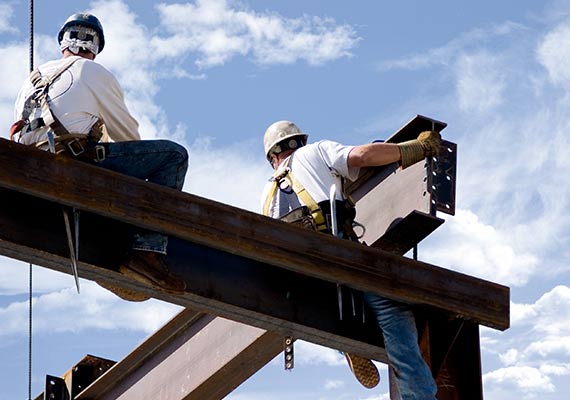Work Health and Safety for Employers
Important Considerations Around Workplace Health and Safety.
Important Considerations Around Workplace Health and Safety.

Important Considerations Around Workplace Health and Safety.
Ensuring a safe environment at work remains one of the most important responsibilities of employers. As a “person in control of a business or undertaking” (a “PCBU”) for the purposes of the Work Health and Safety Act 2011 (Qld) (“the Act”), employers have a duty to ensure the health, safety and welfare of workers. Importantly, the Act also imposes duties on a number of other parties deemed to be a PCBU, including supervisors and directors.
The Work Health and Safety Act 2011 (Qld) prescribes that each PCBU has a duty to take a certain level of care in a workplace. Employers specifically have a duty to ensure the health, safety and welfare of “workers” (which is defined very broadly not only to include employees, but also volunteers, contractors and employees of contractors) as far as is reasonably practicable. Officers have a duty of due diligence, with workers and visitors having a duty of reasonable care.
Your legal obligations with respect to work health and safety may vary according to your industry and circumstances. All duties of care under the Act are qualified by the term “reasonably practicable”. Unsure as to what reasonably practicable means in your business or what your responsibilities are under the Act? Expert employment lawyers, Peters Bosel Lawyers, can help your business ensure it complies with the Act.
Relevant to employers, a PCBU has a primary duty to workers to ensure, so far as is reasonably practicable, the health and safety of:
In addition, there is a primary duty owed in relation to “other persons”. Specifically, a PCBU must ensure so far as is reasonably practicable that the health and safety of other persons is not put at risk from work carried out as part of the conduct of the business or undertaking.
As to how the primary duty can be met, section 19(3) of the Act provides that a PCBU must ensure, so far as is reasonably practicable:
Any PCBU who has a duty of care under the Act retains that responsibility and must discharge the duty to the extent that the person has the capacity to influence and control the matter.
A duty cannot be transferred or delegated to another person. Given the definition of a PCBU in the Act, it is usual for more than one person to concurrently have the same duty. In that case, concurrent duty holders must consult, cooperate and coordinate in order to meet their individual duty of care.
Given the broad reaching provisions of the Act, it is important that employers, directors and managers are aware of the provisions of the Act and scope of their potential statutory duty. Failure to meet the duties set out in the Act can lead to any relevant PCBU facing prosecution and potential criminal liability.
Despite every effort to meet work health and safety obligations, unfortunately from time to time accidents do occur in workplaces which can result in injury to workers. In those circumstances, Peters Bosel Lawyers can assist in the timely provision of urgent advice concerning appropriate responsive action and reporting. Peters Bosel Lawyers also have considerable experience in assisting employers facing prosecution as a result of workplace incidents.
While workplace health and safety compliance can appear onerous, it’s vital for a business owner to remain current and compliant with legislative obligations. An employer has not only a duty of care to it its employees, but by observing all requirements under the Act they can avoid potentially damaging, costly and long-running civil proceedings and/or a work health and safety prosecution if there’s a preventable incident in their workplace.
If you’re unsure about what you need to do to be WHS compliant, contact Peters Bosel Lawyers today for complete guidance on what your next steps should be.
Read our articles on new legal developments regarding employment law for employers.
See all of our articles.
Our expert employment lawyers at Peters Bosel can help your business ensure it complies with the Act.